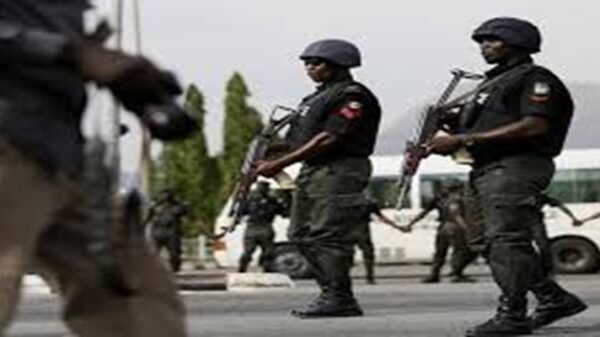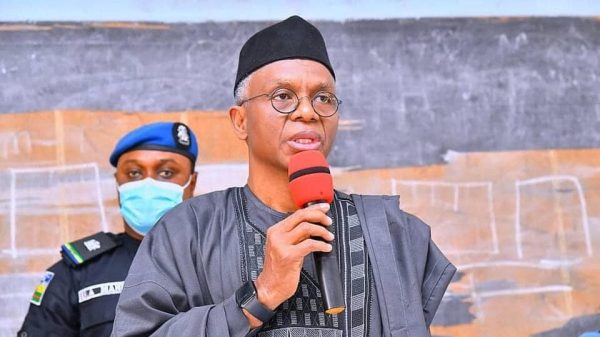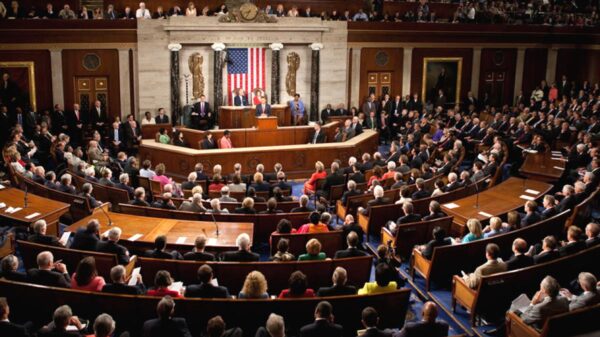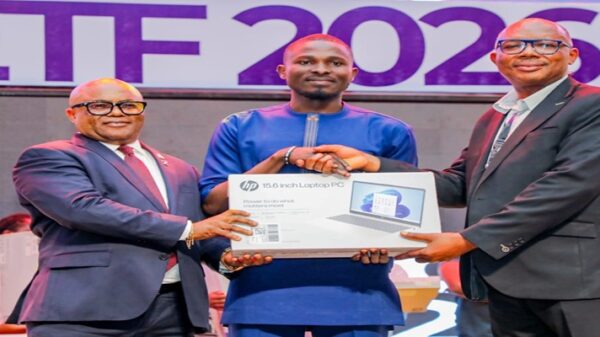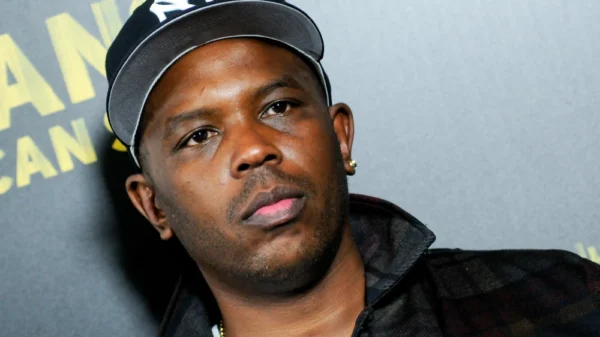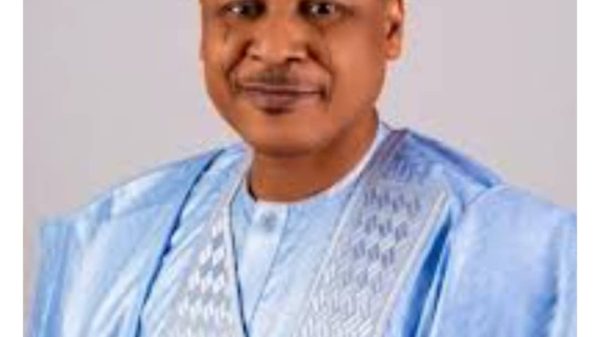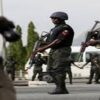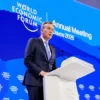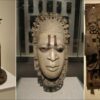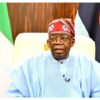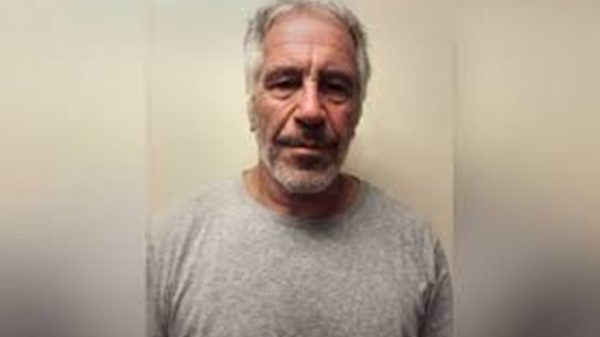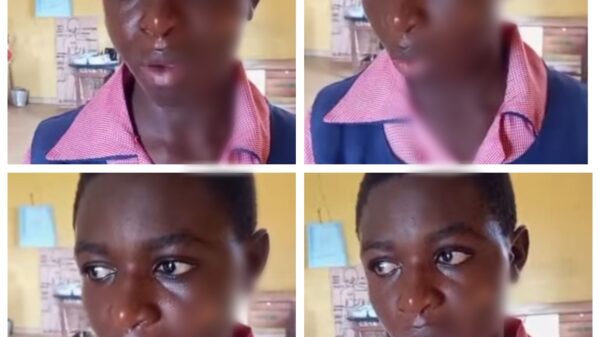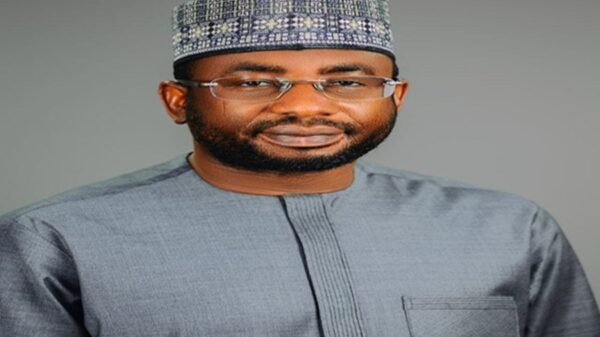Venezuelan Ambassador to Nigeria David Caraballo said the Venezuelan government will continue to defend its sovereignty and the human rights of its citizens against US sanctions
Caraballo made this known on Wednesday during the commemoration of the bicentenary of the battle of Carabobo and the independence of Venezuela held at the University of Abuja.
The Nigerian News Agency (NAN) reports that on June 24, 1821, Venezuelan General Simon Bolivar led the Battle of Carabobo, the victory of which led to Venezuela’s independence.
According to Caraballo, the commemoration of Carabobo Day is a continuing reminder of the need for Venezuela to preserve its sovereignty against any form of oppression from any “super power”.
“The main lesson of the Battle of Carabobo was for the unity of the country, the need to fight for sovereignty, independence, the rights of the people.
“(Also) promote social development to build democracy and the republic.
“Africa and Latin America, Nigeria and Venezuela have common growth, we have the same history, we have mixed relations in the process of building our nation.
“I believe that these 200 years of the Battle of Carabobo are the inspiration for the Venezuelan people to continue to fight against unilateral coercive measures against their interests promoted against the United States against the human rights of the Venezuelan people.
“We have the blood of Africa flowing in us and we speak of Africa as our mother while Commander Hugo Chavez said that mother Africa is part of our history, of our culture, of our process of ‘independence,’ Caraballo said.
Caraballo noted that the sanctions imposed on Venezuela by the United States had affected its relations with other countries and the ease of doing business.
He added that President Nicolas Maduro had entered into a dialogue with the US government on the terms that Venezuela’s sovereignty would be protected, but that the US had not honored the dialogue.
The envoy noted that, unlike the media, the internal political situation in Venezuela has been very stable as the government has continued to meet the needs of its citizens in partnership with allied countries.
“In Venezuela, the National Council for Dialogue works with different political parties.
“Internal political discussions are working well.
“The main problem is not the internal situation because the people and the country are at peace and the people are trying to resolve the impact of unilateral coercive measures.
“The problem is the interest of the United States administration, the United States government, not the people of the United States, in advancing the policies of intervention against the decision of their government.
“We are fighting for our rights to be free because superpower countries like the United States are putting the new era of domination over our country.
“We defend our independence, our freedom from foreign interests to promote intervention in our affairs,” Caraballo added.
Caraballo further said the embassy chose to commemorate the event at the University of Abuja with history and diplomatic studies students so that they would be well informed.
He explained that this was even when the international media continued to report false and negative events concerning the country.
Professor Abdul-Rasheed Na’Allah, Vice-Chancellor of the University of Abuja, appreciated the Venezuelan Embassy for the opportunity to teach international history to students.
Na’Allah, who was represented by Deputy Vice-Chancellor for Administration Prof. Abubakar Abba, said Carababo Day was beyond a historical document but a lesson for students to protect democracy and the interests of the nation.
“As history students, there are deceptions, misdeeds going on, there are nations and countries.
“There are international agencies and platforms that are ready, willing and desperate to hijack and negatively engage African youth and students.
“It is up to you to open your eyes. You must live from the international mission placed on your fragile young shoulders.
“You should be able to know the truth and know who is your friend and who is your enemy in the international system.
“Carabobo is more than a historical document; Carabobo is a way of life in itself, a life of struggle, a life of independence, a life of liberation, a life of sovereignty.
“A nation which is not free, a nation which is not independent in all aspects of its national life, a nation which is not sovereign vertically and horizontally, internally and externally is a nation in suffering,” said declared Na’Allah.
NAN also reports that the event brought together ambassadors and members of the diplomatic corps from Cuba, Argentina, Syria, Iran, Jamaica and Palestine. (NAN)
![]()

